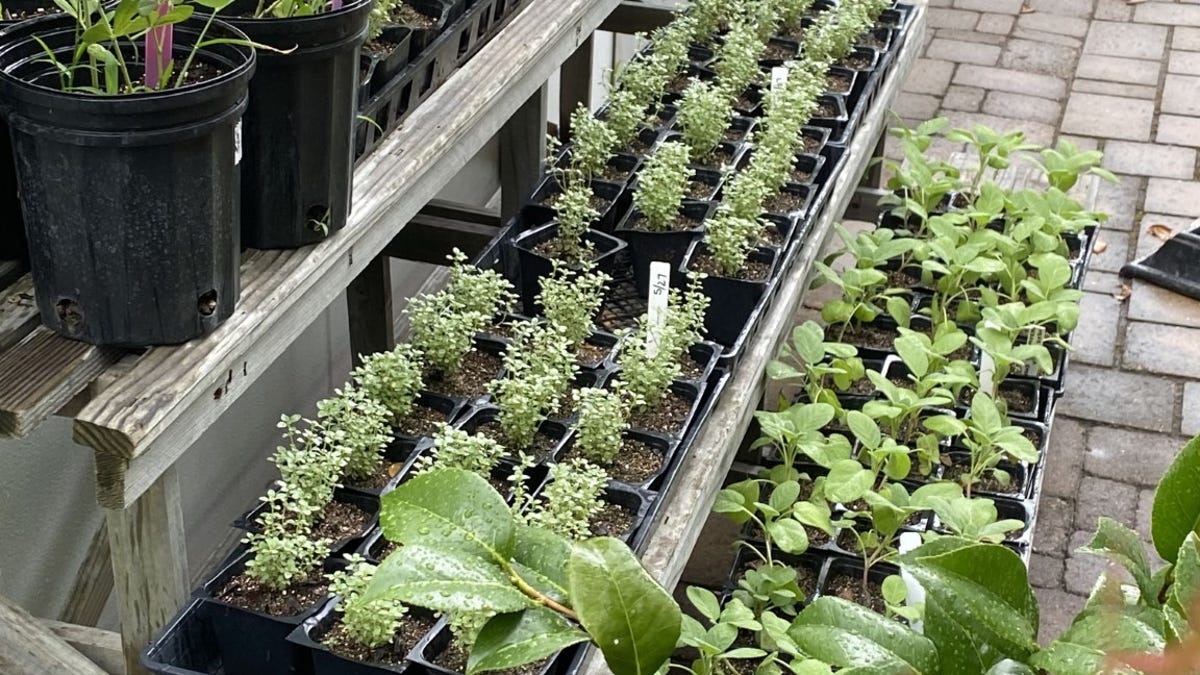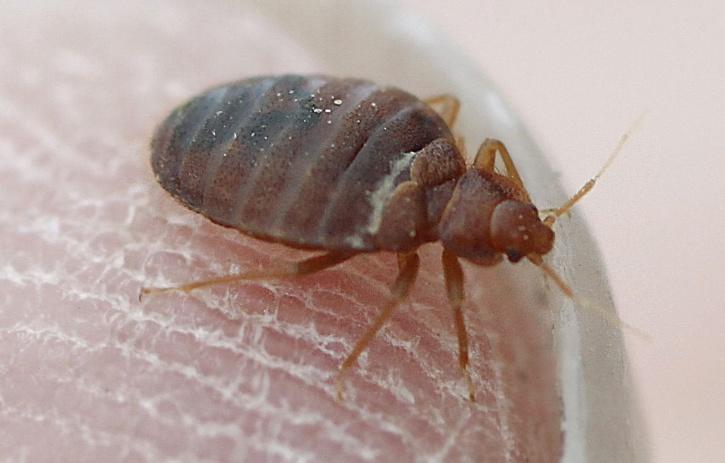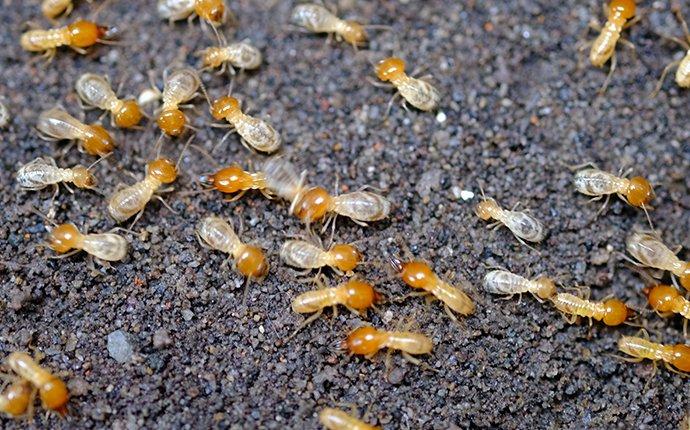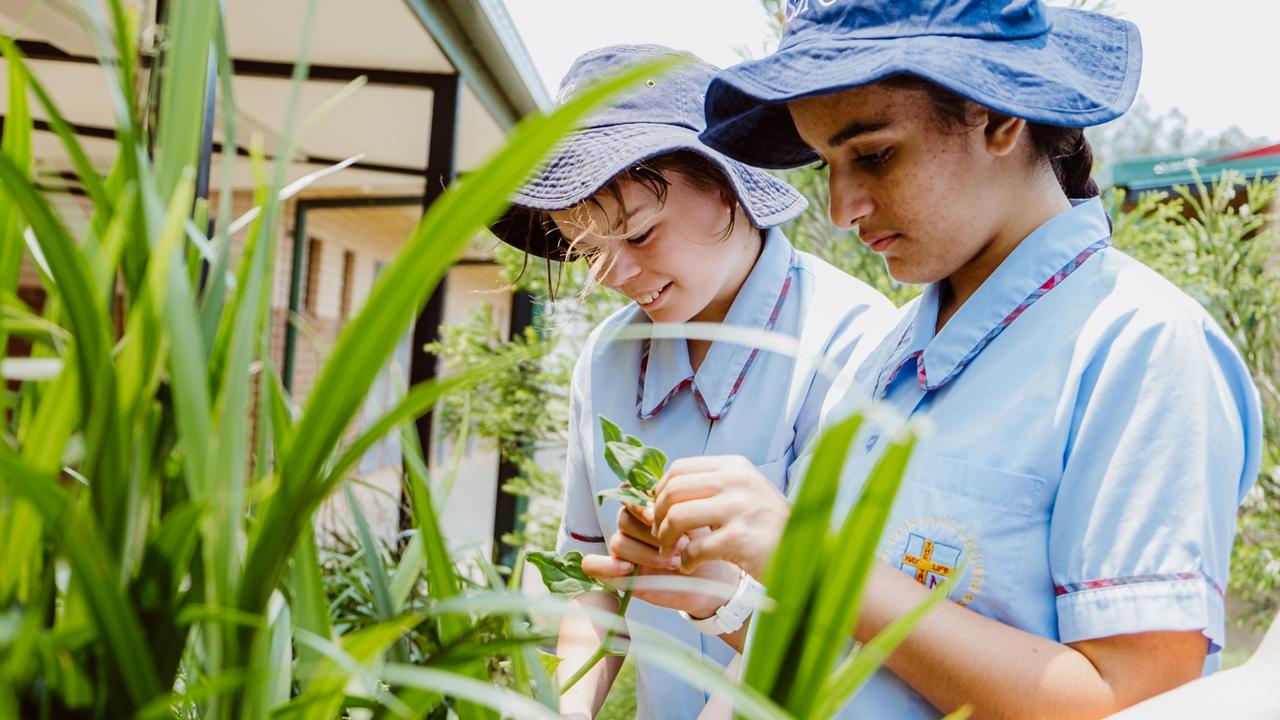| Serves as a public health intern for UNC Wilmington at Ability Garden in the NC Cooperative Extension Center for New Hanover County
The smells, the sounds, the overall feel – just being in an environment with plants can feel therapeutic for so many of us. The atmosphere can be very calming in itself, but when gardening is added to the equation it takes it to a whole new level. The ability to physically touch the soil and plants adds to the therapeutic feel and creates an instant relaxation like nothing else.
As an intern at the NC Cooperative Extension – New Hanover County Arboretum and Ability Garden, I have had the pleasure of working in this environment over the past few months. It changed the way I think about the effects of gardening. As someone who has an abundance of houseplants and was told that my home looked like a forest, I knew firsthand that the proximity of plants can be therapeutic, but I didn’t realize the extent. During the time I spent at the arboretum, I felt so calm at work and in a constant state of relaxation, even in the summer heat. All my worries disappear and I can be in the moment.
That is the idea behind therapeutic garden programs. Be fully present when you participate in these plant-based activities and benefit from them in the moment and after you leave. Programs focused on promoting this therapeutic environment have been introduced around the world for all populations, some of which have a greater impact than others. Although the benefits vary for different populations, research has shown that this stress-free atmosphere can be beneficial for anyone and everyone.
For older adults in particular, the garden environment can have a longer lasting effect than just instant relaxation. Whether in a community or long-term care facility, older adults can enjoy the benefits of gardening anywhere. Therapeutic gardening promotes socialization, improves brain function and increases the general quality of life for this population group.
Therapeutic gardening has also proven to be one of the most beneficial non-pharmacological interventions for many diseases or conditions that occur with age, including dementia. Research shows that any involvement can make a difference for this population, be it daily contact with nature or participation in a therapeutic gardening program.
Personally, I had the pleasure of implementing my own therapeutic gardening program during my internship experience. Cambridge Village of Wilmington gave me the opportunity to work with their residents and do some activities in their facility. We created pressed plant bookmarks with plants from the arboretum, decorated pots individually and potted a plant to take away. The feedback from participants was great and they kept asking when I would come back for more activities. Based on the results of this program and my research, I firmly believe that therapeutic gardening can change everyone’s life.
To find your therapeutic solution and take advantage of the outdoor atmosphere, visit the New Hanover County Arboretum and Ability Garden. Events are scheduled regularly, including plant sales every third Saturday of the month. To learn more about the arboretum and upcoming activities, visit https://arboretum.nhcgov.com/.
Halle Neering is a public health intern at UNC Wilmington at Ability Garden in the NC Cooperative Extension Center for New Hanover County, located in the Arboretum, 6206 Oleander Drive, Wilmington. You can reach them at hneering@nhcgov.com or 910-798-7660. The arboretum is free and open daily from 8 a.m. to 5 p.m.









